

Clear and sharp eyesight is not just a luxury but a necessity for almost all aspects of life. Whether it's for work, driving, or simply enjoying daily activities, good vision plays a crucial role. Fortunately, with advancements in medical technology, vision corrective surgery has become a reliable solution for those seeking to improve their eyesight. Let's delve into the world of vision correction surgery, exploring its types, benefits, and why it's gaining popularity among individuals across the United States.
Vision correction surgery, or refractive surgery, includes several procedures that improve vision by reshaping the cornea or implanting artificial lenses into the eye. These treatments aim to correct common refractive errors like myopia (nearsightedness), hyperopia (farsightedness), and astigmatism, helping individuals reduce or eliminate the need for glasses or contact lenses. Each procedure is tailored to the patient’s specific vision needs, providing a long-term solution to enhance visual clarity and overall eye health.
Selecting the appropriate vision correction surgery depends on your refractive errors, eye health, and lifestyle. Common options include LASIK, PRK, SMILE, ICL, and RLE, each targeting different needs. These procedures improve vision by reshaping the cornea or replacing the lens, offering effective solutions for better vision. It’s essential to consult with an eye specialist to determine the best treatment option for your specific condition and goals, ensuring optimal results and long-term eye health.
When considering vision correction surgery, it's essential to consult with a qualified ophthalmologist to determine the most suitable procedure based on your individual needs and eye health. Factors such as the severity of refractive error, corneal thickness, and overall eye health will influence the recommendation for the most appropriate surgery.
There are several compelling reasons why someone may consider vision corrective surgery:
After vision correction surgery, it's normal to experience mild discomfort, dryness, and blurry vision, but these symptoms are typically temporary. Recovery time varies depending on the type of surgery, with most patients noticing improvement within a few days. It's important to avoid rubbing your eyes, strenuous activities, and exposure to bright lights during the healing process. Adhering to post-operative care instructions will help achieve the best results for vision correction. Complete healing can take several weeks, depending on the specific procedure performed, but most patients regain clear vision within a short time.
Vision corrective surgery offers a transformative solution for individuals seeking to regain clear and sharp eyesight. With advancements in technology and a range of procedures available, achieving improved vision has never been more accessible. Whether you're tired of relying on glasses or seeking freedom from contact lenses, vision correction surgery can provide lasting benefits and enhance your quality of life. Take the first step towards clearer vision by scheduling a consultation with a trusted eye care professional and embark on the journey to visual freedom.
Remember, clear and sharp eyesight awaits – embrace the possibilities with vision correction surgery.
Ans: Yes, new vision correction surgery options continue to emerge. SMILE surgery is a recent corrective eye surgery for myopia, offering a less invasive alternative to LASIK. Advanced lens implant procedures also enhance eye correction for severe refractive errors.
Ans: The best vision correction surgery depends on individual refractive errors and eye health. LASIK is common for quick recovery, PRK suits thinner corneas, SMILE is minimally invasive, and ICL is ideal for high prescriptions. Each corrective eye surgery has benefits based on specific vision needs.
Ans: There are several types of vision corrective surgery that improve vision can restore eyesight by reshaping the cornea or replacing the eye’s lens. Surgeries such as LASIK, PRK, SMILE, RLE, and ICL are common procedures that correct refractive errors and restore vision. The best vision correction surgery depends on your specific refractive errors and overall eye health.
Ans: Recovery from vision correction surgery varies by procedure. LASIK patients often see clearly within a day, while PRK may take a few weeks. Healing for eye surgery types like ICL or RLE can take longer. Full recovery from corrective eye surgery typically occurs within a few months.
Ans: Most patients don’t need glasses after vision correction surgery, but results vary. Some may need them for reading or night driving, especially with age. The outcome depends on refractive errors, eye surgery types, and healing.

Call Us: (858) 452-3937
8:30AM - 7:00 PM - Monday through Saturday (Saturday until 11:30AM)